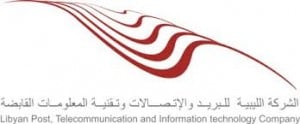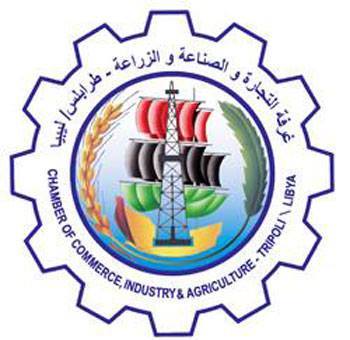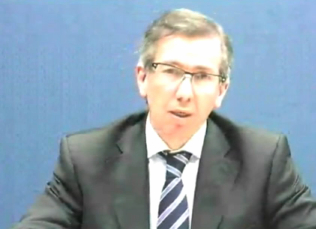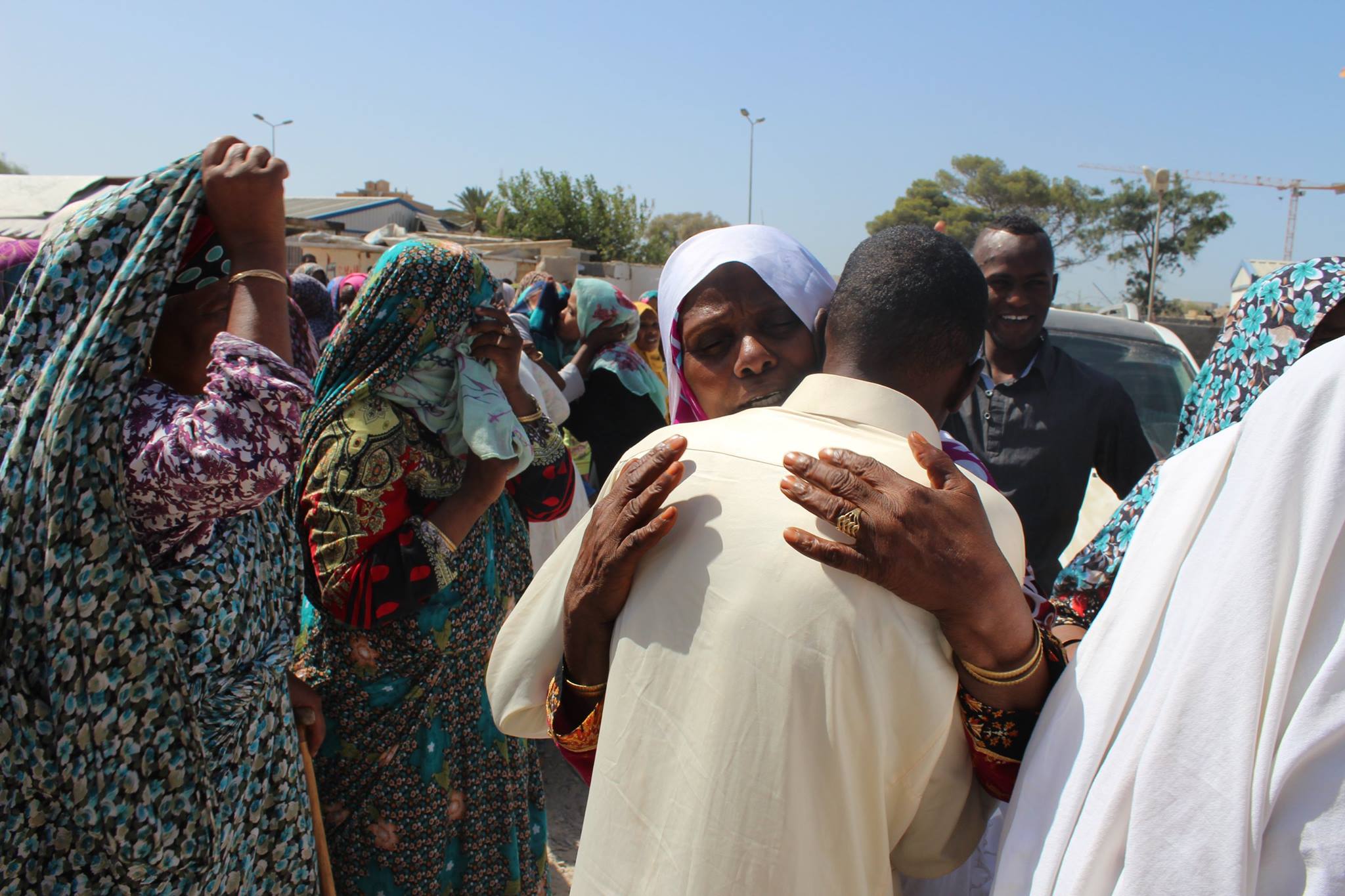By Libya Herald reporter.
Tripoli, 26 August 2015:
The Libyan Post Telecommunications . . .[restrict]and Information Technology Company (LPTIC), the Libyan state telecoms holding company has announced that it has taken over control and ownership of the African telecoms investments of the Libya Africa Portfolio (LAP) owned by LAP GreenN.
LPTIC will not describe the transaction as a ”purchase” but has not revealed any valuation of LAP GreenN’s telecoms assets in the process. It prefers to portray the process as an internal change of ownership and control.
The move had been flagged by Libya Herald back in July and involve LAP GreenN’s telecoms investments in Cote d’Ivoire, South Sudan and Uganda.
LAP, with investments valued at US$ 5 billion, is a subsidiary of the Libyan Investment Authority (LIA), Libya’s main sovereign wealth entity, with investments valued at US$ 67 billion.
LPTIC owns all the main state telecommunications companies in Libya including the two main state mobile operators Libyana and Al-Madar, the main state internet provider Libya Telecom and Technology (LTT), Aljeel, International Telecommunications Company, Hatef Libya and the real estate investment company Alboniya.
LPTIC and LIA say that the reasons behind the strategic transfer of ownership and control of LAP’s telecoms investments in Africa are to consolidate and achieve synergies, taking advantage of LPTIC’s specialist know-how in the telecoms sector.
This is true to a great extent. Today LAP owns a plethora of varied investments it has inherited since the Qaddafi regime. However, the telecoms sector has moved on and LAP’s telecoms investments were struggling to keep up with the competition. The telecoms subsidiaries were in need of new technologies which needed new investments.
However, the UN asset freeze imposed on all Libyan Sovereign Wealth Fund investments during the 2011 Libyan revolution has meant that LAP’s LAP GreenN telecoms investments have been operating without any access to new funds. LAP GreenN was also operating in challenging African environments.
In July, sources had informed this publication that the shareholders of LAP GreenN were indeed working on a restructuring plan. The plan would find solutions for the company to ensure its continuity and its ability to deliver better service and value for money for businesses and individuals across the countries where LAP GreenN has investments in the African market.
Moreover, this competitiveness would also include the capability of LAP GreenN to invest in new technology and grow in the years to come.
It was feared that LAP and the LIA might have been tempted to take a decision to disinvest from LAP GreenN in view of the difficulties it has faced in Africa.
It will be recalled that in 2012, Zambia seized LAP GreenN’s telecoms investments (Zamtel), a move that Libya is appealing at the Zambian High Court. LAP GreenN also succeeded in regaining control of its telecoms investment in Uganda (Utl) in March 2012 after it paid its outstanding debts accrued during the 2011 revolution.
Meanwhile, earlier this month the Ivorian government agreed to a LAP GreenN plan to consolidate the four weakest operators – including LAP GreenN Ivory Coast – into one company in return for an increased shareholding to the Ivorian government. The increased shares would compensate the money owed by LAP GreenN Ivory Coast to the Ivorian government in licence and other fees.
LAP GreenN had been working on a review of its operations and investments objectives in Africa under challenging conditions both back home in Libya and in the African states where it owns and operates investments.
It will be recalled that LAP’s management team has claimed that since taking over the management of the portfolio after the revolution in 2011, they have successively stabilised and asserted control over all its assets and re- built values close to levels prior to the revolution. LAP now feels it has obtained a clearer picture.
However, it is clear that the Libyan shareholders feel that there is value to be obtained from LAP GreenN’s African telecoms investments, and since the only internationally-recognized Libyan government and Prime Minister Abdullah Thinni are the ultimate head of Libya’s Sovereign Wealth Funds, this move has the government’s support.
The takeover by LPTIC also implies that LPTIC has access to funds that are needed by LAP GreenN for its telecoms subsidiaries.
Commenting on the move, LPTIC Chairman, Faisal Gergab said “I believe that our talented LPTIC management team will enable us to provide enhanced services in key markets and to bring with it significant benefits to our customers. Our priority is to ensure that the asset base is operating effectively and sustainably. Once we have achieved this we will look to explore new opportunities for growth and demonstrate our value to both the Libyan economy as well as other growing economies in the region’’.
“We see this as an important opportunity to optimise these exciting African assets and work together with our new stakeholders to capitalise on the opportunity before us, by providing important services, skills and technology transfer’’.
“We look forward to bringing in such a diverse talented pool of employees, who will play an important role in driving the success of LPTIC across all markets going forward.”
Meanwhile, Hassan Bouhadi, Chairman of the Libyan Investment Authority said that “the LIA has a responsibility to the Libyan people to ensure that it has the best means to deliver value and revenue. This consolidation of key telecommunication assets under one management team creates synergies and new opportunities for investment which the LIA believes are right for the Libyan people and the African holdings’’.
‘‘As these assets have developed, they have now reached a point in their life cycle that will require a more focused telecommunications and information technology company to oversee the next stage of development and unlock their full potential. We believe that LPTIC is best qualified to manage the transformation of Libya’s telecommunications assets in Africa, and I have every confidence in the team’s ability to realise value for all stakeholders and in particular the Libyan people.” [/restrict]









